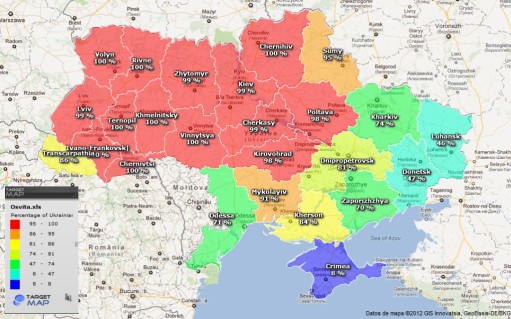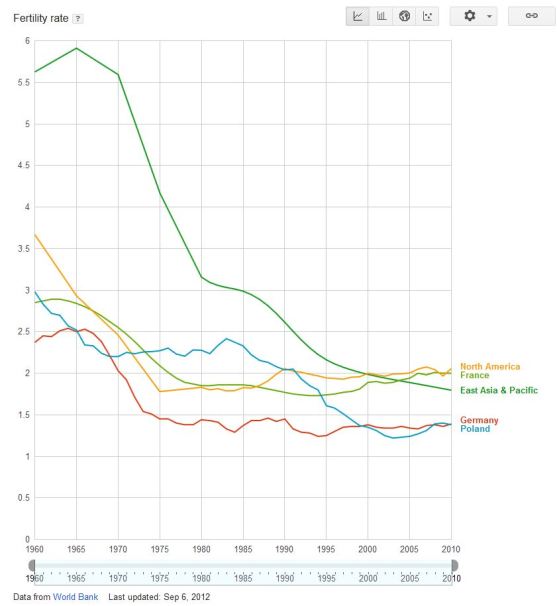Do not judge for how I write, but for what I write.
In the past years, colleagues, friends, family, girlfriends have often criticised me for being … a pessimist. Since I am tired of justifying my pessimism, I have decided to write down my story, although, fundamentally it is a story about all of us.
I have always been the curious kind. Learning more about the world usually sparks my deepest emotions regardless of the beauty or ugliness of the things I witness. Fortunately for me, during my childhood, my thirst for knowledge had been satisfied with books, documentaries, field trips and even instruments (a microscope, a telescope, various electronics, etc.)
Later, during my teenage years, I had the opportunity to travel and visit many countries, meet many people and explore many capitals. Slowly, living in or just visiting famous cities, whether they were Paris or London, became less and less exciting. People from different countries, even though they may have dressed differently or spoke differently, or were more respectful, fundamentally started to seem all the same to me. As arrogant as this may sound, the truth is that for me the world was becoming smaller and smaller.
At the same time, in magazines, on TV and in movies, the future was looking better and better. Just a few centuries ago humans have set foot on the Moon, and the fall of the Berlin Wall filled our hearts with high expectations. Overall, the future looked bright.
All of us (especially Westerners) lived under the impression that there was nothing to stop us from solving the problems related to resources, poverty, corruption, so that we may reach beyond the limits of our planet. I was convinced that my generation will be different, that we will take the first steps towards a “wonderful” future.
This conviction led me to study physics and mathematics, in hope that one day I will become an accomplished physicist who will contribute to that bright future. Those aspirations seem childish now, but for a 17 year old kid, anything is possible.
However, before I applied to college, I had a moment of lucidity in which I realised that the technological progress of our world is not determined by the dreams of enthusiastic teenagers like me, nor by the benefits that it can bring, but by the will of the political establishment. Moreover, I was aware that it would not be wise to explore space as Europeans, Russians, Americans or Chinese. Not only because it would be completely inefficient, but also because it would be ridiculous to carry with us our earthly conflicts and start arguing over what patch of Moon belongs to whom, when we should focus on exploiting its resources for everyone’s benefit.
Thus, in the last minute I changed my mind and instead of following a career in physics or engineering, I chose to follow a career in international relations at a prestigious university in the United Kingdom. I thought that by doing so, I will have the best chances to help build a “better” future.
I was thrilled, certain that by going there I will learn how to help the world, how to manage the political and economic space in such a way that the distribution of resources and investments will benefit not only us today, but also countless generations to come. I was perfectly aware that my influence on the world will be mire at best. But I was not interested in feeding my ego, participating even in the slightest towards that “wonderful” future was more than enough for me. After all, even the most insignificant contribution is better than nothing. Strange as it may seem, I also felt a sort of responsibility for the world and its people. Most likely because I was aware that the “careless” life I was enjoying at the age of 20 was mostly thanks to those that were before me. It felt natural that in return, I should be preoccupied for those that will come after me, so that they too will enjoy the same quality of life as I did.
Unfortunately, the academic environment that I discovered had nothing in common with my enthusiasm and idealism. In the academic world and among my colleagues, their concerns were completely different from mine. Excluding the false preoccupation for those around them and their ephemeral friendships, mimicked for admiration and social prestige, almost everyone seemed to care only about their own personal and financial gains, advertised at different parties or social events. Initially I thought I lacked the ability to understand this world, but after 4 years of college I was certain that my preferences and expectations were parallel with this academic world.
To evade any misunderstandings: people have all the right to think of themselves and be egoistic. This is currently the rule in our world. But I am talking about universities that should represent the world’s elite and I am not exaggerating when I say that many of their graduates will reach important positions in ten-twenty-thirty years. Maybe I am absurd, but personally I was expecting their students to be different from others. Unfortunately, in 4 years of college I only met two people who were genuinely and unselfishly preoccupied by the future of our world. Otherwise, I met a lot of folks, driven by pure egoistic reasons, who would give their best to impress others with their preoccupation for different social causes or with their outstanding revelations discovered in some book or pint of beer.
What disappointed me even further was that the university invested no effort in helping us realise that our attitudes and way of thinking will determine our collective future. Most debates and discussions revolved around tolerance and discrimination, but most commonly about what theory of some group of scholars was better than another. Applying these theories to real world scenarios was usually off-limits, which is understandable, since most of them make no predictions that can truly be tested in the real world. Therefore, we were dragged into pointless debates wrapped in a subtle certainty that all of us there, participating in them, were somehow superior. Moreover, the discussions and the promoted way of thought focused almost entirely on “trendy” problems, and when attention was moved towards future developments, we all started to suffer from some form of acute mental myopia.
Even though I graduated with honours, I reassured myself thinking that, for some reason, I just did not understand that world. But I still hoped that as technology and communication evolves, it will start to penetrate deeper into the personal space of every individual, gradually changing their general attitude. I thought that as people become better informed, so their concerns will focus more on the actual and far-reaching future problems, and that the benefits of research and technology will become self-evident.
To my surprise, it seems the opposite is happening. We are indulging ourselves more and more into a virtual personal space, as the reality behind our screens is falling apart.
I am not just throwing around words, here are a few concrete examples:
- We kind of abused our planet through excessive deforestations and rampant pollution, and the effects will very soon become self-evident. No, I am not talking about warmer winters and rainier summers, I am talking about hundreds of millions of people who will suffer from starvation in the next 30-40 years. And not in some forsaken place in Africa, but right here, in our very own backyard. Few seem to genuinely care about this, although on words and “Likes” we are all great self-proclaimed environmentalists. Even sadder is that most “Green” NGOs or political parties come up with completely unrealistic proposals, with little regard for economic and social realities.
- Our ageing and declining population raises serious social and economic concerns, but the core of the problem is usually avoided. It mostly comes down to the lack of interest of current generations for conceiving more than one child (if they conceive one at all). I am aware that when it comes to children, everyone has the right to do as they see fit and I can understand that at our standard of living, having children can sometimes seem annoying and useless. The result however, is that in about 50 years entire societies will simply die out. Our biology has rules independent of our personal desires.
I find it alarming that this subject is very rarely opened to debate or it is immediately “solved” with the “immigration” solution. In the current conditions, immigration is nothing else but the replacement of one society with another. It is not a receipt for success, it is the symptom of a society which has failed biologically.
- Religious fundamentalism is gaining more ground. I have no issues with anyone’s religion, but when we have a large group of people who effectively reject any form of scientific research, without which we would still be travelling with ox and carriages across Europe, I think we have a serious problem. Even more so, given that a large part of this group can be found among the “immigrants” who solve our aging and declining population problem mentioned at point 2
- We are experiencing an economic crisis that I think will carry on for at least another decade. Because this is not just an economic crisis, it is a social crisis, rooted in our attitudes. We all want to live fine, happy lives, but between what we want and what we do for what we want, currently there is a massive chasm. I do not want to criticise our attitudes, because this is a debate which I can hardly cover with my thoughts. But I can criticise our lack of debating this subject on TV, on the internet or even over a pint of beer with our friends. The fact that we do not ask ourselves if this crisis we are experiencing is caused by us, but we mystically attribute it to “others”, suggests some sort of social schizophrenia.
To finalise…
When we were kids, in the 80s-90s, we were promised that by now we will have outposts on the Moon, massive space stations and our feet would have left their imprint on the dust of Mars. That our leaders will be more peaceful, wiser and less corrupt. That if we will study and work hard, our value and effort will be recognised, and that those who are lazy and mischievous will be prevented from climbing the social ladder.
In exchange, we have economic stagnation, radical demographic changes, natural catastrophes and resource depletion. The world sees these things but does not feel them, because their effects do not yet have a significant impact on our lives. Somehow, everyone lives under the impression that nothing bad will happen, that the future I am talking about is just a bad dream – they criticise me and tell me to be positive.
I resign myself with the thought that as “pessimistic” as I may be, and despite all I have written above, I still hope that one day humans will fly towards the stars. But I would have been much happier if they were “us”.
Translated version below.





